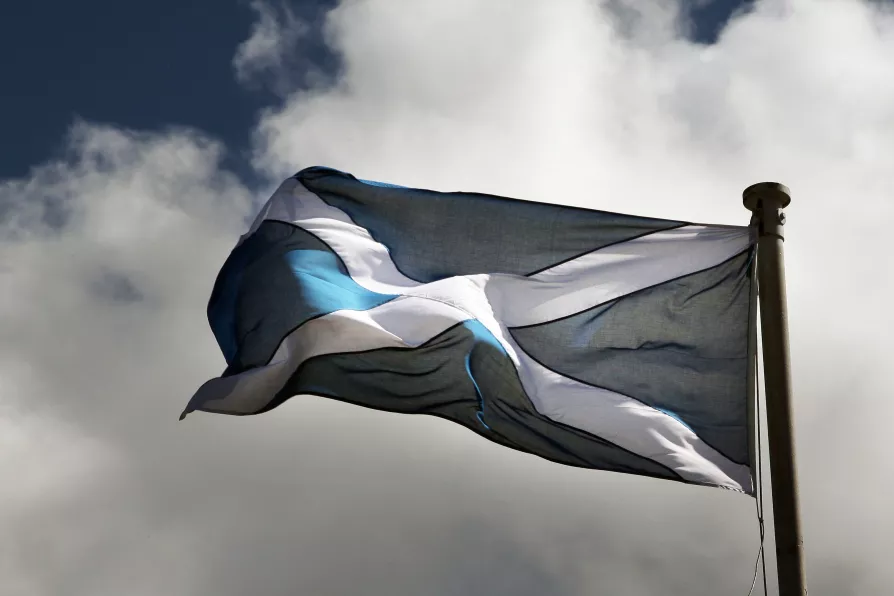Once the bustling heart of Christian pilgrimage, Bethlehem now faces shuttered hotels, empty streets and a shrinking Christian community, while Israel’s assault on Gaza and the tightening grip of occupation destroy hopes of peace at the birthplace of Christ, writes Father GEOFF BOTTOMS


IT IS sometimes hard to remember, given the constant repetition by the SNP leadership that “Scotland voted to Remain” in the 2016 Brexit referendum, that more than one million Scots, 1,018,322, voted for Britain to leave the EU, more than the 977,569 who voted for the SNP in the 2017 general election.
Incidentally, another little bit of obfuscation that Nicola Sturgeon and her acolytes like to indulge in is that the terms of the referendum allow us to assume how Scotland, if it were not part of Britain, would vote on EU membership. How many times have you heard Scottish Nationalists complain about Scotland “being dragged out of Europe?”
Given EU conditions on membership, for example on public spending limits which will be discussed below, assuming Scotland would vote for membership of the EU based on the 2016 vote when it was the membership of the United Kingdom that was being considered is either politically naive or politically dishonest.

VINCE MILLS cautions over the perils and pitfalls of ‘a new left party’

VINCE MILLS gathers some sobering facts that would inevitably be major obstacles to any such initiative

That Scotland was an active participant and beneficiary of colonialism and slavery is not a question of blame games and guilt peddling, but a crucial fact assessing the class nature of the questions of devolution and independence, writes VINCE MILLS











